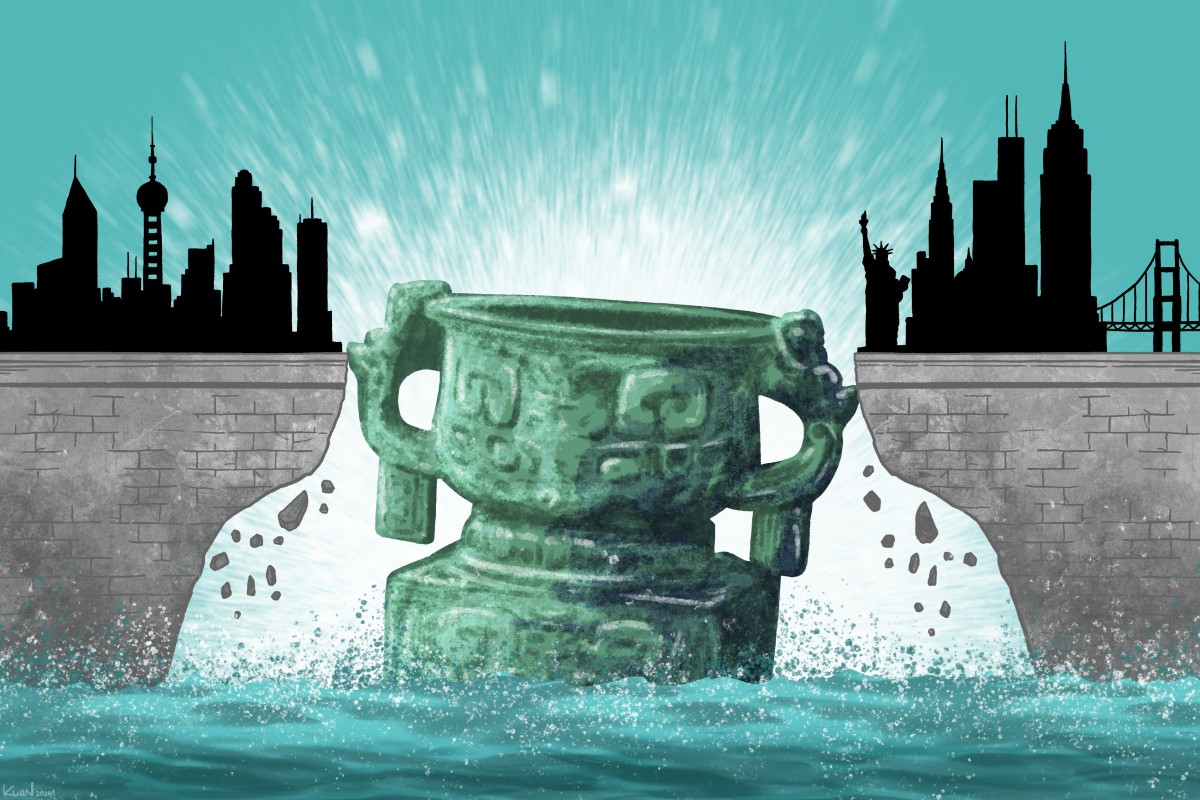OPD

The US Should Break the Bad Habits Hindering China-US Cultural Exchange
In point of fact, it has always been the U.S., and not China, that has hindered cultural exchanges between the two countries. Some politicians there have vilified and defamed the Confucius Institute, interfering with its normal U.S. operations and deliberately undermining cultural and educational cooperation between the U.S. and China; the U.S. government has issued travel warnings, asking citizens to reconsider travel to China, and formulated the “China Initiative” meant to obstruct ordinary technological and scientific exchanges between the two countries, to chilling effect; and it has used various pretexts to impede, harass and interrogate Chinese citizens entering the U.S. It is not uncommon for Chinese overseas students there to be refused entry and be repatriated, causing a great deal of distress to those involved. The majors Chinese students in the U.S. study should be the independent choice of the student’s family. Since when do U.S. politicians get to call the shots with their thoughtless remarks?
China is an active promoter of cultural exchanges between the two countries. Not long ago, on the occasion of the “Bond with Kuliang” 2024 China-U.S. Youth Festival in Fuzhou, President Xi Jinping issued a letter of congratulations, and China’s initiative to invite 50,000 American teenagers to China over the next five years on study exchanges is moving ahead as planned; the 14th U.S.-China Tourism Leadership Summit was successfully held in Xi’an; and two giant pandas will travel from China to the U.S., kicking off a new round of cooperation between the two countries in international giant panda conservation. China has taken measures to facilitate visits from friendly nations the world over, the U.S. included, and its openness and self-confidence stand in stark contrast to the perennially suspicious U.S.
The U.S. has not just deviated in words and deeds from the important consensus reached at the San Francisco summit between the U.S. and Chinese heads of state; it is also no longer in keeping with the right way for China and the U.S. to get along with each other, nor is it acting in a manner conducive to cultural exchange and cooperation between the two countries. The root cause of this lies in the U.S.’ problematic strategic perception of China, seeing China as a rival rather than as a partner, and its development as a challenge rather than as an opportunity. The world is big enough to accommodate the development of both China and the United States. Hope for the China-U.S. relationship lies in the people, its foundation is in our societies, its future depends on the youth, and its vitality comes from exchanges at subnational levels. Only by galvanizing the Chinese and American peoples into a strong force can we work together to advance the great cause of China-U.S. friendship. The U.S. politicians in question should look reality in the face, listen carefully to the citizens of both countries, and make a conscious choice to enable China-U.S. cultural exchanges, instead of hindering them.
The key to state-to-state relations lies in close bonds between people. Cultural exchanges between China and the U.S. have become an important pillar in promoting the stable and healthy development of relations between the two countries and allowing their people to get to know each other. Only by forging closer bonds between our people, opening our hearts to each other, and building more bridges and paving more roads for people-to-people interactions, instead of erecting barriers or creating chilling effects, can the great tree of China-U.S. cultural exchanges be made more fruitful, thus continuing to write a new chapter of friendship between the two countries.
The author is an observer of international issues.

